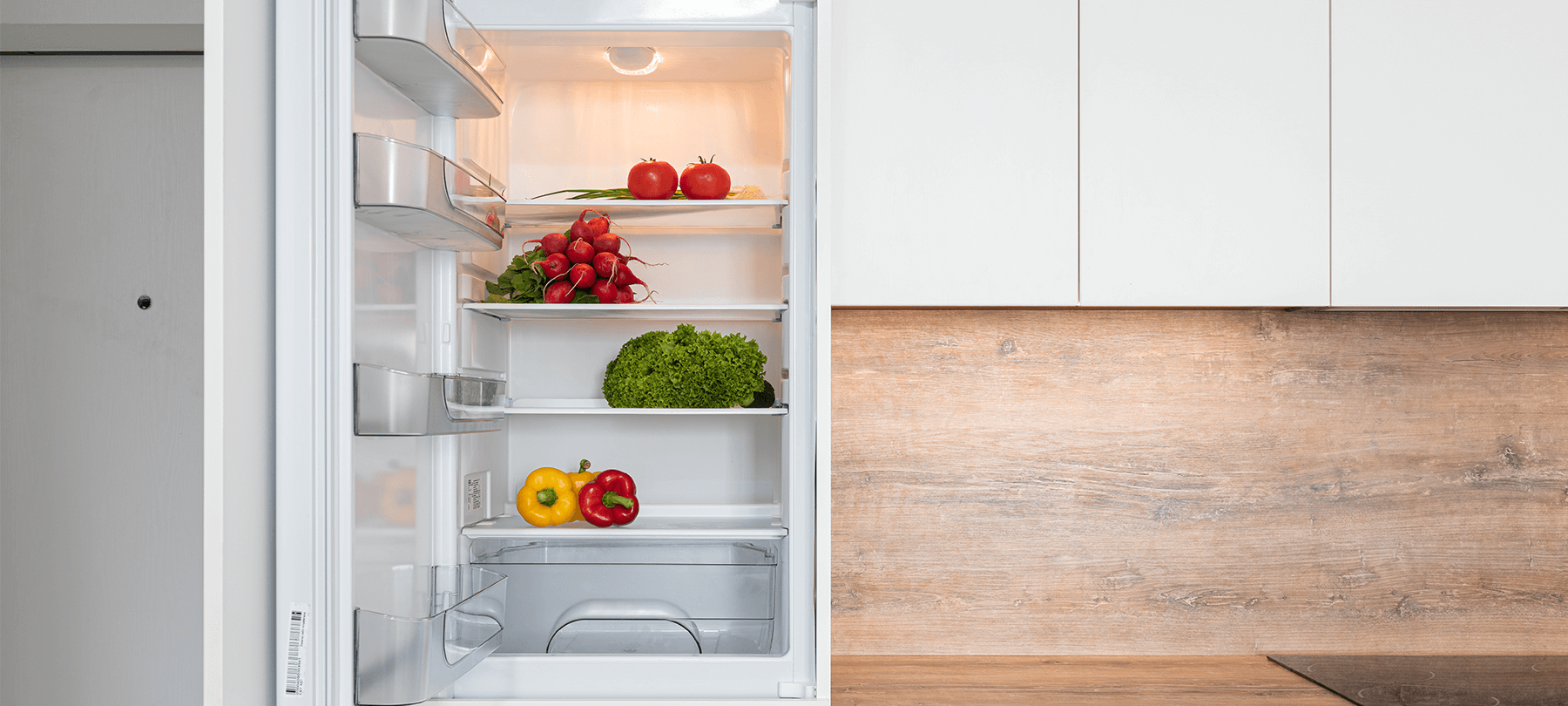
Did you know that Australian households on average waste between $2000 and $2500 worth of food* every year? Considering that’s roughly four return flights to Bali, we’ve put together a list of quick and easy ways to reduce your food waste and help you save a chunk of change (as well as the environment).
-
Shop more, waste less
Milk constantly going off before you’ve finished the carton? Try buying a smaller carton and replenishing only when necessary. By buying less groceries more often, you can give yourself a bit more of a buffer with expiration dates while simultaneously protecting yourself against funky smells and flavours.
-
Stick to the list
Ever asked Mum for Maccas while out and about only to get the old “there’s food at home” thrown right back at you? This is why. By sticking to your shopping list, you can gain a better understanding of how much you actually eat in a given week while also helping to prevent against excess which inevitably goes to waste. This doesn’t mean you need to plan every meal, but having three or four planned throughout the week will help keep you accountable while still leaving some days for leftover dinners. And yes, eating out (if budgeted for, of course).
-
Designate a shelf
It’s easy to let that half-eaten hummus you opened two weeks ago slowly fade into inedibility in the back of your fridge. To prevent these kinds of things from happening, you can assign a shelf in your fridge for “use-it-up” items ONLY and peruse it throughout the week.
-
Store your food properly
To keep your food fresh for longer, make sure that the temperature of your fridge is set between 0-4 °C and your dairy products are positioned away from the door. As this is is typically the warmest part of the fridge, if this is your go-to storage spot you could be wasting precious days in the lifecycle of your favourite low-fat milk.
-
Check who’s eating
Constantly leaving too many leftovers? It may sound obvious but checking who’s eating prior to cooking is a quick and easy way to save yourself some waste – as well as a bit of extra work.
-
Make a weekly “use-it-up” meal
To ensure you get every last bit of bang for your buck, pencil in a “use-it-up” meal on a weekly basis and turn it into a routine. You need to clear that shelf from #3, after all. Leftover chicken mince from two nights ago and half a head of lettuce left to rot? Add some salsa to the mix and chuck them in a tortilla to spice things up. Bananas a bit brown for your liking? Instead of chucking them away, make some bold and beautiful banana muffins. Leave nothing for the bin!
So, there you have it. These are our top tips for reducing food waste in your home and save a fairly hefty sum in the process.
*https://www.qld.gov.au/environment/management/waste/recovery/reduction/reduce-food-waste/facts.